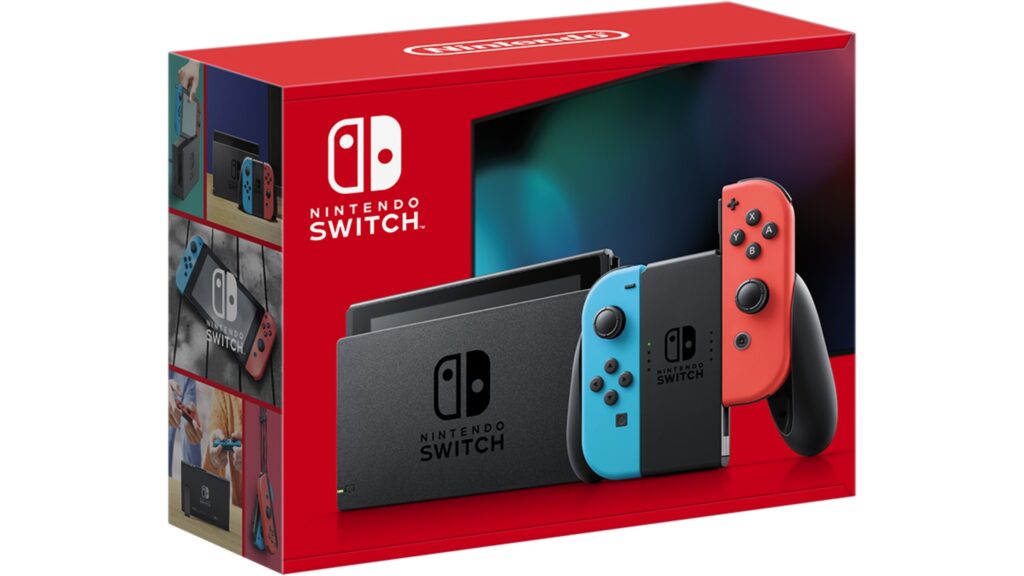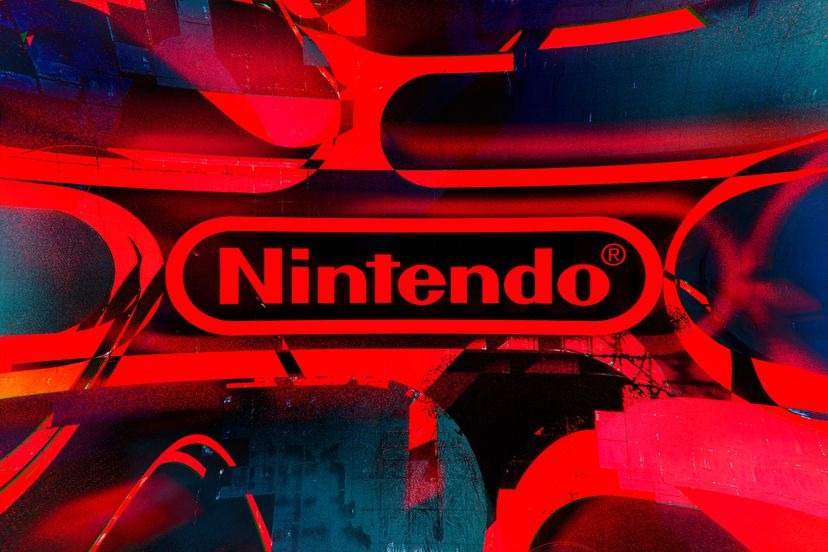In a significant development for the gaming and emulation communities, Nintendo has reached a settlement with the developers of the popular Yuzu Nintendo Switch emulator. The settlement, which requires Yuzu to shut down and its developers to pay Nintendo $2.4 million, marks the end of a contentious legal battle over copyright infringement.
This article delves into the details of the lawsuit, the arguments presented by both parties, and the implications of the settlement for the future of emulation and gaming preservation.
The Lawsuit: Nintendo’s Allegations Against Yuzu
Nintendo filed the lawsuit against the developers of Yuzu in 2022, alleging that the emulator allowed users to play Nintendo Switch games illegally. The company argued that Yuzu infringed on its copyrights by enabling users to bypass the Switch’s security measures and play games they did not own.
Nintendo has long been known for its aggressive stance on protecting its intellectual property. The company has a history of pursuing legal action against individuals and organizations it believes are infringing on its copyrights. In 2020, for example, Nintendo sued a group of individuals operating a website that offered illegal downloads of Nintendo Switch games.
The lawsuit against Yuzu was seen as another example of Nintendo’s commitment to safeguarding its intellectual property and preventing unauthorized access to its games.
Yuzu’s Defense: Legitimate Uses for Emulation
The developers of Yuzu maintained that their emulator was never intended to be used for piracy. They argued that Yuzu is a legitimate tool that can be used for various educational and research purposes, such as:
- Developing homebrew games
- Testing software compatibility
- Preserving video game history
- Providing accessibility options for gamers with disabilities
Emulation, in general, has been a topic of debate in the gaming community. While some view emulators as tools for piracy, others argue that they serve important purposes, such as preserving old video games that are no longer commercially available or allowing gamers to play titles on different platforms.
The developers of Yuzu believed that their emulator fell into the latter category, providing a valuable service to the gaming community while respecting Nintendo’s intellectual property rights.

The Settlement: Yuzu’s Closure and Financial Penalty
Despite Yuzu’s arguments, the settlement reached between Nintendo and the emulator’s developers ultimately favored the gaming giant. Under the terms of the settlement, Yuzu will be shut down, and its developers will pay Nintendo $2.4 million in damages.
The closure of Yuzu is a significant blow to the emulation community, as it was one of the most popular Nintendo Switch emulators available. Many gamers relied on Yuzu to play Switch games on their PCs, either because they did not own the console or because they preferred the flexibility and customization options offered by emulation.
The financial penalty imposed on Yuzu’s developers is also noteworthy, as it sends a strong message about the potential consequences of creating and distributing emulators that infringe on copyright.
The Legality of Emulation: A Complex Issue
The settlement between Nintendo and Yuzu highlights the complex legal landscape surrounding emulation. While emulation itself is not inherently illegal, the use of emulators to play games without owning a license to do so is considered copyright infringement.
In the United States, the Copyright Act of 1976 grants copyright holders the exclusive right to reproduce, distribute, and display their copyrighted works. This means that creating or distributing software that allows users to bypass the security measures of a copyrighted work, such as a video game console, is illegal.
However, there are some exceptions to this rule, such as the fair use doctrine, which allows for limited use of copyrighted material for purposes such as criticism, commentary, news reporting, teaching, scholarship, or research. Some argue that emulation falls under this exception, particularly when used for educational or preservation purposes.
The Future of Emulation: Balancing Preservation and Copyright
The settlement between Nintendo and Yuzu raises important questions about the future of emulation and its role in preserving video game history. As gaming technology advances and older consoles become obsolete, emulators offer a way to ensure that classic games remain accessible to future generations.
However, the legal challenges faced by emulators like Yuzu demonstrate the need for a balance between preservation and respect for copyright. While it is important to protect the rights of copyright holders, it is also crucial to recognize the cultural and historical value of video games and the role that emulation can play in preserving them.
Some potential solutions to this issue include:
- Collaboration between emulator developers and game publishers to create legal, licensed emulators
- The establishment of video game museums and archives that can legally preserve and provide access to classic games
- Changes to copyright law that allow for the preservation of abandoned or orphaned video games
As the gaming industry continues to evolve, it is essential that all stakeholders – including game developers, publishers, emulator creators, and players – work together to find a balance that respects intellectual property rights while also ensuring the long-term preservation of video game history.
Conclusion
The settlement between Nintendo and Yuzu marks a significant moment in the ongoing debate over emulation and copyright. While the closure of Yuzu is a setback for the emulation community, it also serves as a reminder of the legal risks associated with creating and distributing emulators that infringe on copyright.
As we move forward, it is crucial that we find ways to balance the preservation of video game history with the protection of intellectual property rights. By working together and exploring innovative solutions, we can ensure that future generations will have access to the classic games that have shaped our culture and entertainment landscape.










Add Comment